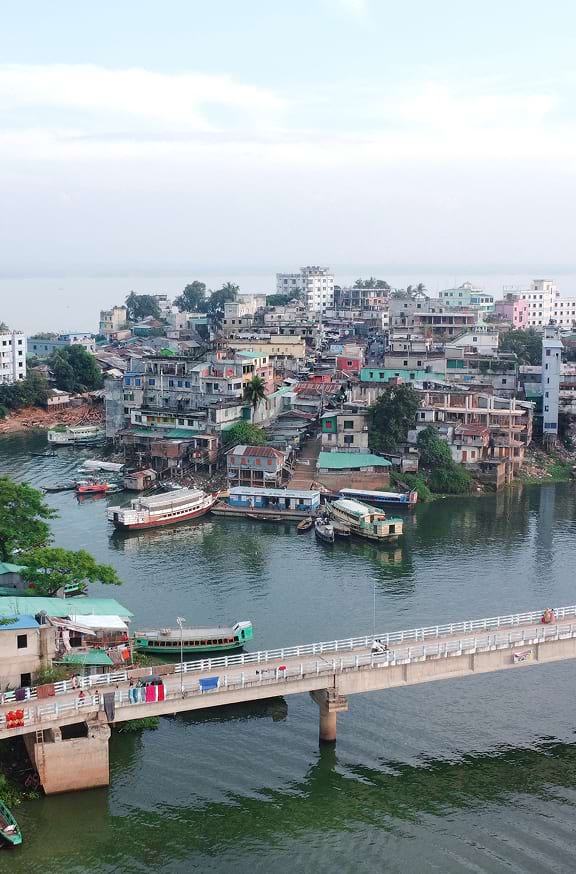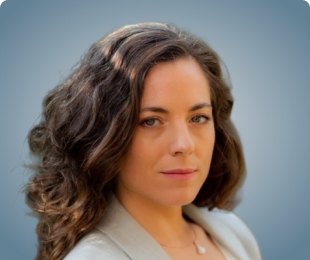

Home 

Cyclone Classifier Model for Bottom-up Recovery Uptake in Bangladesh
Implementing Partner: Build Change
Project name: Cyclone Classifier Model for Bottom-up Recovery Uptake in Bangladesh
This project developed the Cyclone Classifier Model (CCM) to refine cyclone risk assessment and disaster preparedness.
By analyzing wind speed, storm surge, and potential damage, the CCM helps communities anticipate impacts, map vulnerable areas, and identify at-risk households.
As cyclones intensify in the Bay of Bengal, the model strengthens Bangladesh’s data-driven disaster management strategies, supporting targeted resilience planning and adaptive response efforts.
occur in Bangladesh
in Bangladesh
Impact and Key Findings
1
The Cyclone Composite Model (CCM) improves cyclone forecasting by delivering precise location-based predictions, enabling faster alerts and more accurate risk assessments. This enhances early action strategies, strengthening protections for vulnerable coastal communities facing increasing cyclone threats.
2
By synthesizing diverse data sources, the Cyclone Composite Model (CCM) enhances wind speed, storm surge, and damage estimations, equipping authorities with precise, science-based insights for effective disaster preparedness and rapid, data-driven response during cyclone events.
3
The project enhances community resilience by equipping local volunteers, disaster management committees, and residents with cyclone preparedness training. This fosters grassroots engagement in early warning dissemination and response efforts, improving coordination and ensuring more effective disaster risk reduction.





